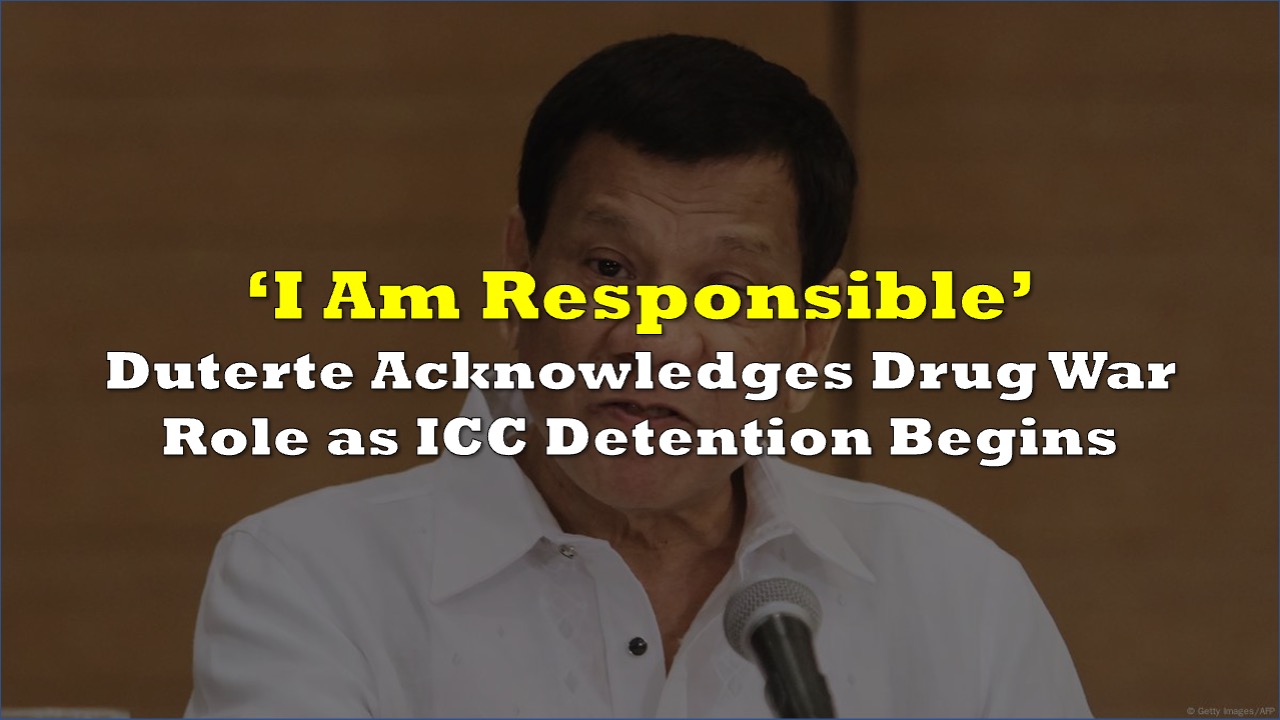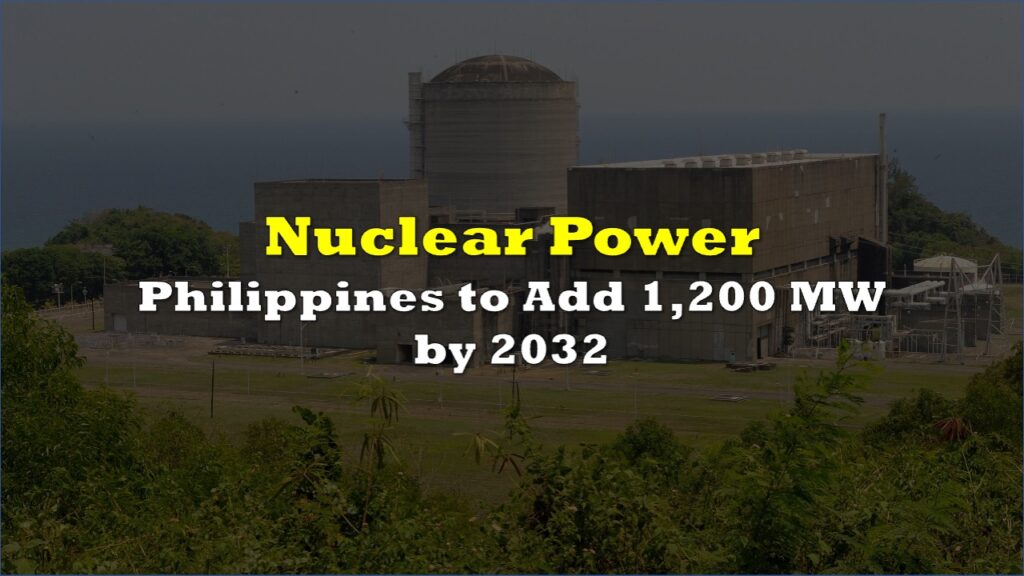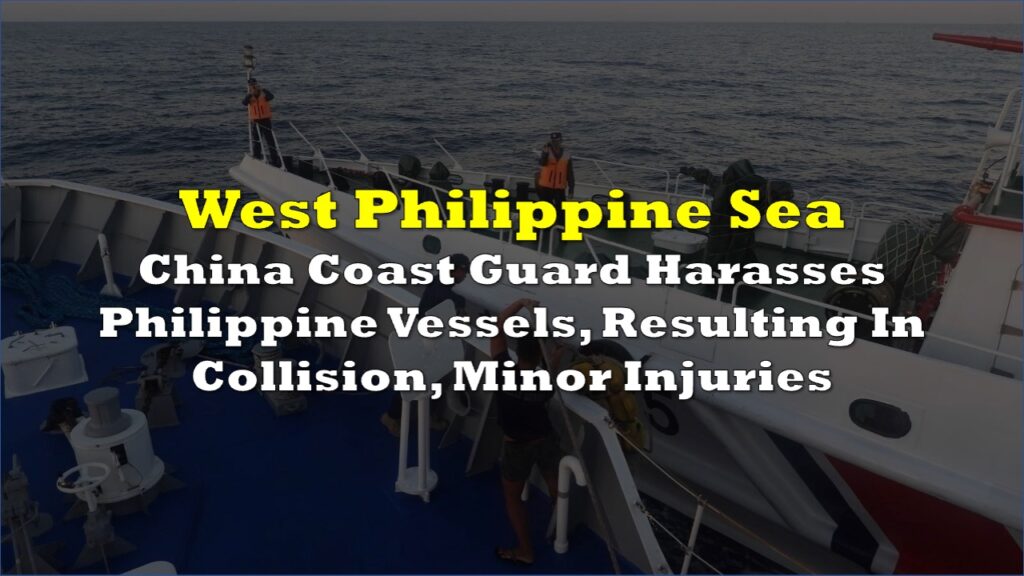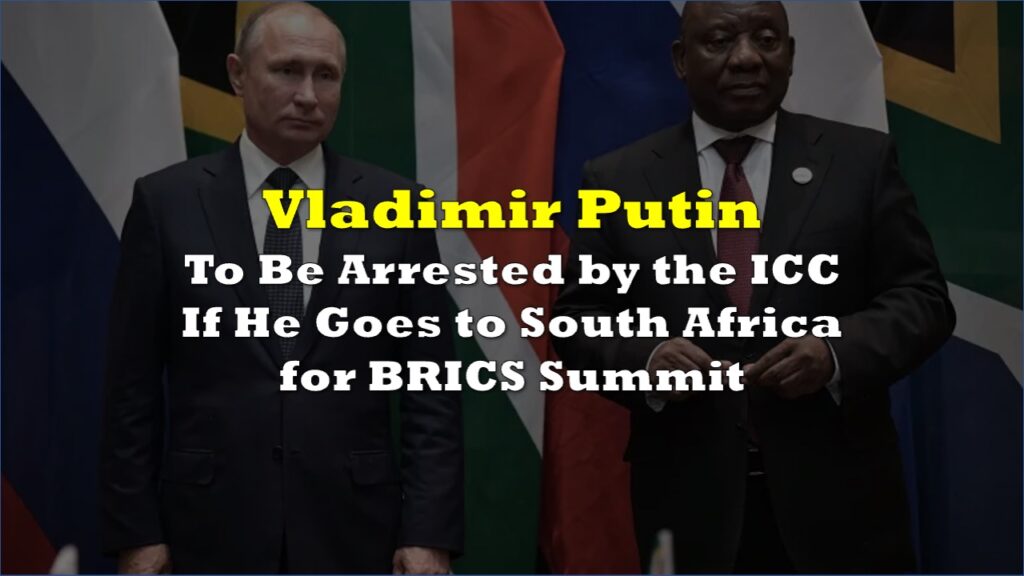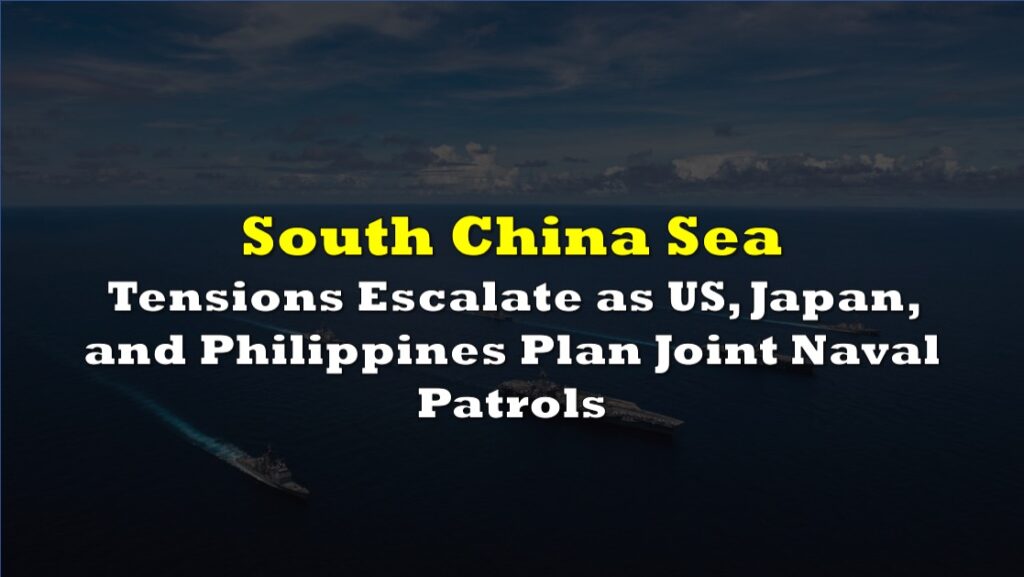Former Philippine President Rodrigo Duterte is now in detention at the International Criminal Court in The Hague, facing charges of crimes against humanity for his role in the country’s “war on drugs” that claimed thousands of lives.
In a video message recorded apparently aboard the plane taking him to the Netherlands on Wednesday, Duterte took full responsibility for his controversial drug war. “I am the one who led our law enforcement and military. I said that I will protect you and I will be responsible for all of this,” Duterte stated in the video posted to his and a close adviser’s Facebook pages, adding that he would “continue to serve [his] country” despite his detention.
On Cam: Duterte Records Message While Being Taken To ICC Jail, Says 'If That Is My Destiny…'
— Mint (@livemint) March 13, 2025
Former #Philippine President #RodrigoDuterte said he takes full responsibility for his administration's "war on drugs" as he braces for a legal battle at #InternationalCriminalCourt pic.twitter.com/t00l5cmpxK
Duterte, 79, was arrested by Philippine authorities in Manila on March 11 following his return from Hong Kong. He becomes the first Asian head of state to face trial at the ICC, marking a significant milestone for international justice.
The ICC arrest warrant specifically states that as president, Duterte “created, funded and armed death squads” that carried out murders of purported drug users and dealers. Human rights organizations estimate that during his 2016-2022 presidency, more than 6,000 people were killed in police operations, with some groups suggesting the actual death toll could reach tens of thousands.
Agnes Callamard, Secretary General of Amnesty International, called the arrest “a monumental step for justice,” saying that it demonstrates that “suspected perpetrators of the worst crimes, including government leaders, can still face justice wherever they are in the world.”
The case has profound implications for both Philippine politics and international justice. Domestically, it intersects with complex political tensions as the country prepares for midterm elections in May involving over 18,000 positions including Senate seats, House representatives, and local government offices.
President Ferdinand “Bongbong” Marcos Jr., whose administration cooperated with the arrest, has framed the decision as compliance with international norms rather than a political move against his rival. At a press conference following the arrest, Marcos explained that despite the Philippines’ withdrawal from the ICC, the government felt obligated to support Interpol after the agency requested Manila to enforce the warrant.
The timing has significant political implications. The ICC arrest, paired with the forthcoming impeachment trial of Vice President Sara Duterte, the eldest daughter of the former president, will likely diminish the Duterte clan’s influence.
Analysts suggest this benefits Marcos, who has been engaged in an escalating feud with the vice president despite their previous alliance. Their coalition represented two powerful political dynasties: Marcos Jr. is the son of former president and dictator Ferdinand Marcos Sr. But it fractured shortly after taking office, with the younger Duterte publicly threatening the president before being impeached by Marcos-aligned representatives.
With the former president now defending himself in The Hague, his ability to influence the upcoming midterm elections and support candidates will be severely limited. Meanwhile, his daughter Sara faces her own political challenges. If convicted in her Senate impeachment trial, she would become ineligible to run for president in 2028 — effectively removing a major challenger to the Marcos political interests.
For the international community, Duterte’s trial represents a significant test for the ICC, which has faced challenges enforcing its jurisdiction globally. The court has issued arrest warrants for other world leaders, including Russian President Vladimir Putin for alleged war crimes in Ukraine and is pursuing cases against Israeli Prime Minister Benjamin Netanyahu and former Defense Minister Yoav Gallant related to Gaza. Unlike Duterte, these leaders remain beyond the court’s reach.
International Criminal Court Prosecutor Karim Khan says the ICC had been working with communities, states, international organizations, and other partners to make sure that the investigation into former president Rodrigo Duterte’s war on drugs would bear results.
— Rappler (@rapplerdotcom) March 13, 2025
RELATED:… pic.twitter.com/j65ebIvboD
UN High Commissioner for Human Rights Volker Turk described Duterte’s arrest as “a very important step towards seeking accountability for the thousands of victims of killings.”
The Philippines withdrew from the ICC in 2019 under Duterte’s administration, but the court maintains jurisdiction because the alleged crimes occurred while the country was still a member. Legal experts suggest the trial could expose weaknesses in the Philippine justice system and may pressure the current administration to reconsider rejoining the ICC.
While supporters rally behind Duterte, claiming he is the victim of political persecution, families of those killed during the drug war have expressed relief. Human rights advocates hope the trial will mark a step toward ending what many describe as the longstanding pattern of impunity in Filipino politics, providing justice for victims’ families while reinforcing human rights protections globally.
The arrest of former Philippine president Rodrigo Duterte has been met with mixed reactions. Read more: https://t.co/Viqo21a393 pic.twitter.com/vppgiEnbGg
— South China Morning Post (@SCMPNews) March 12, 2025
Information for this story was found via the sources and companies mentioned. The author has no securities or affiliations related to the organizations discussed. Not a recommendation to buy or sell. Always do additional research and consult a professional before purchasing a security. The author holds no licenses.

